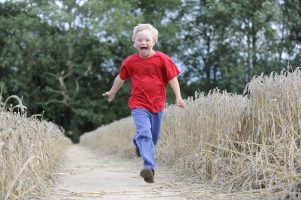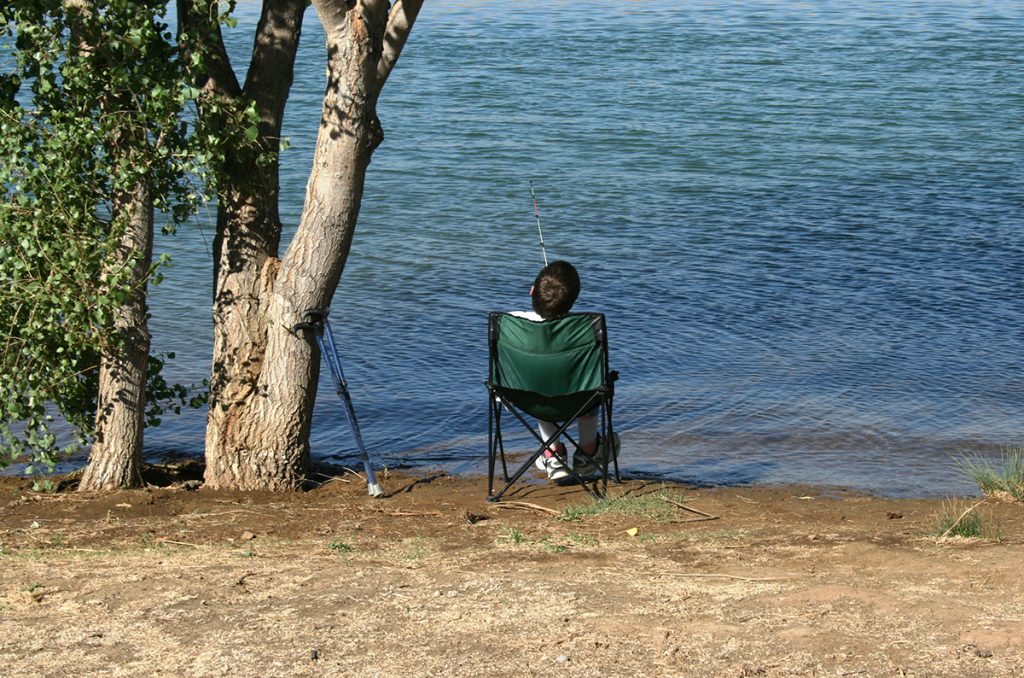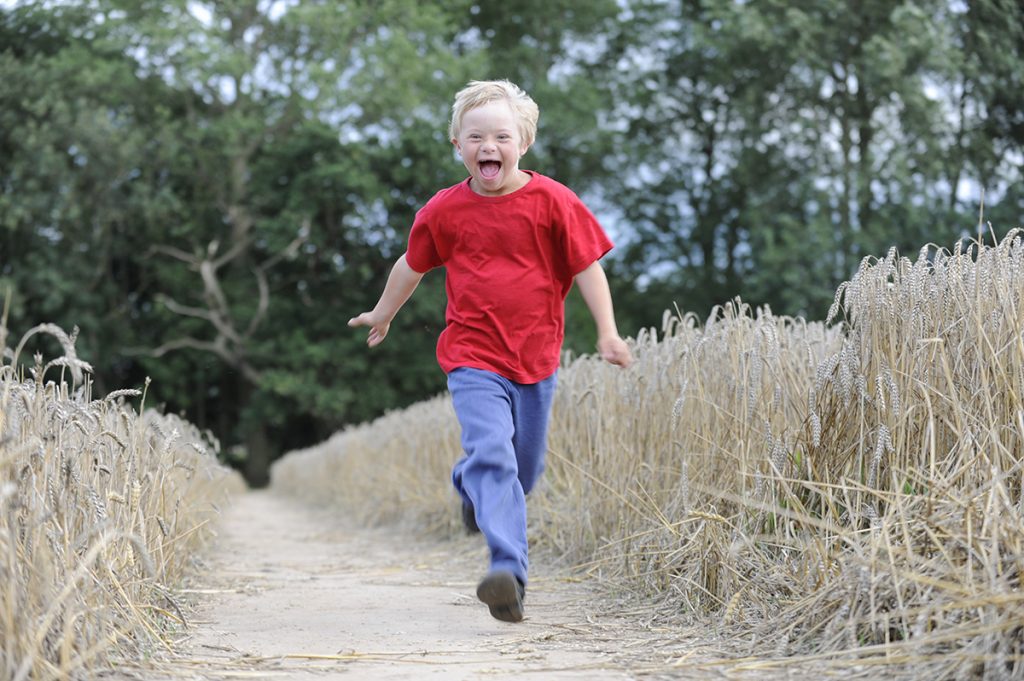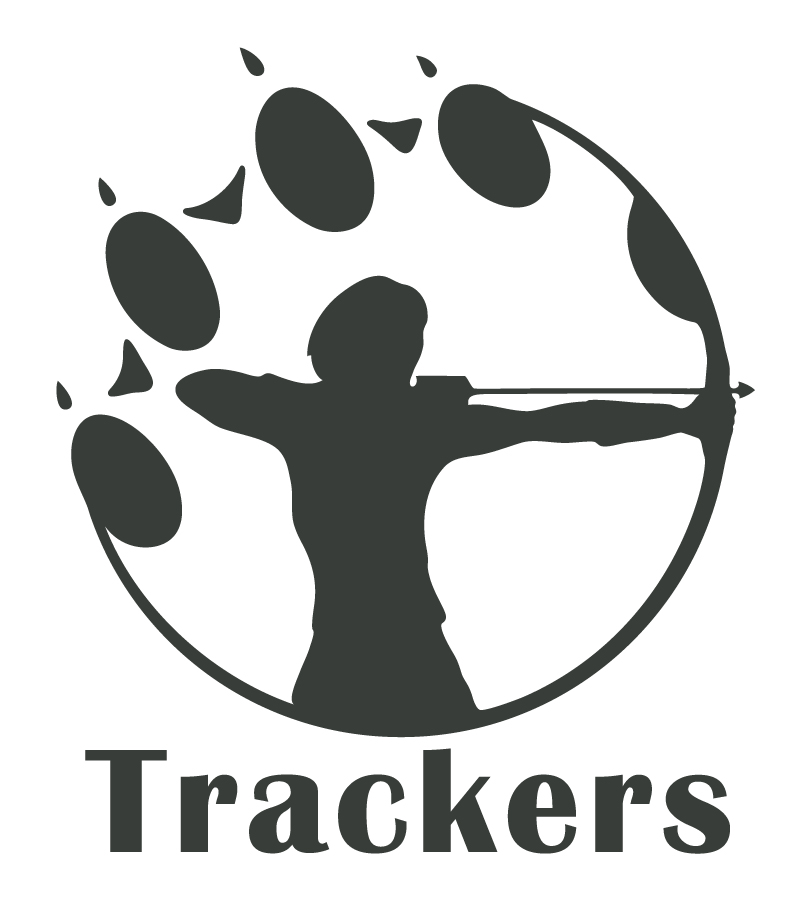Outdoor Education: Everyone is Welcome Here!

Exploring nature is the birthright of every child. Being successful and safe in the outdoors builds confidence. This is especially relevant for children with special needs and disabilities.
When choosing a camp or outdoor education program for a child with special needs, parents want programs that ask, “How can we make this work?” Experienced camp directors should be honest about their program’s limits, while also eager to be creative and flexible with inclusion.

Accessible Programs
For kids with mobility challenges, there are many options for outdoor recreation and connecting to nature. A child in a wheelchair may not be able to participate in a program that traverses rough backcountry, but other programs may meet in parks with improved trails, or take place in central and accessible picnic areas.
A camp director should be able to readily suggest which of their programs may fit your child’s needs. And even if their programs cannot, outdoor education is a very cooperative field, so they may often know of other camps that readily can.
Another example is adaptive archery, which is a growing sport. Budding archers can learn to loose arrows using modified equipment with mouth releases or even foot releases. At Trackers, we teach archery to students who use a wheelchair using shorter horse-bows in our indoor archery range. Kids love learning that these are the same bows that are used in mounted horseback archery!

Planning Ahead
Inclusion at camp also means considering the needs of neural-atypical students. Nature and the outdoors have proven benefits for children on the autism spectrum, with sensory processing disorders, and many other developmental differences. Simply being outside has a profoundly calming effect.
Children who have difficulty with transitions may greatly benefit from visiting the drop-off location prior to camp. Depending on their seasonal schedule, camp directors may be available to answer your child’s questions. A run through of what to expect on the first day and during programs can be very helpful.
Finally, parents can feel reluctant to describe their child’s needs or differences – behavioral or physical – in registration information. All camp directors can empathize that some parents might want their child to attend without preconceived notions. Yet the foundation of nearly every camp is compassion and safety; everyone is more successful the more aware they are about your child’s needs!
Each child connects to nature in their own unique way. And each camp has its own unique strengths to support the families they serve. With thoughtful conversation and active efforts towards inclusiveness, directors and parents can co-create incredible opportunities for all children.


